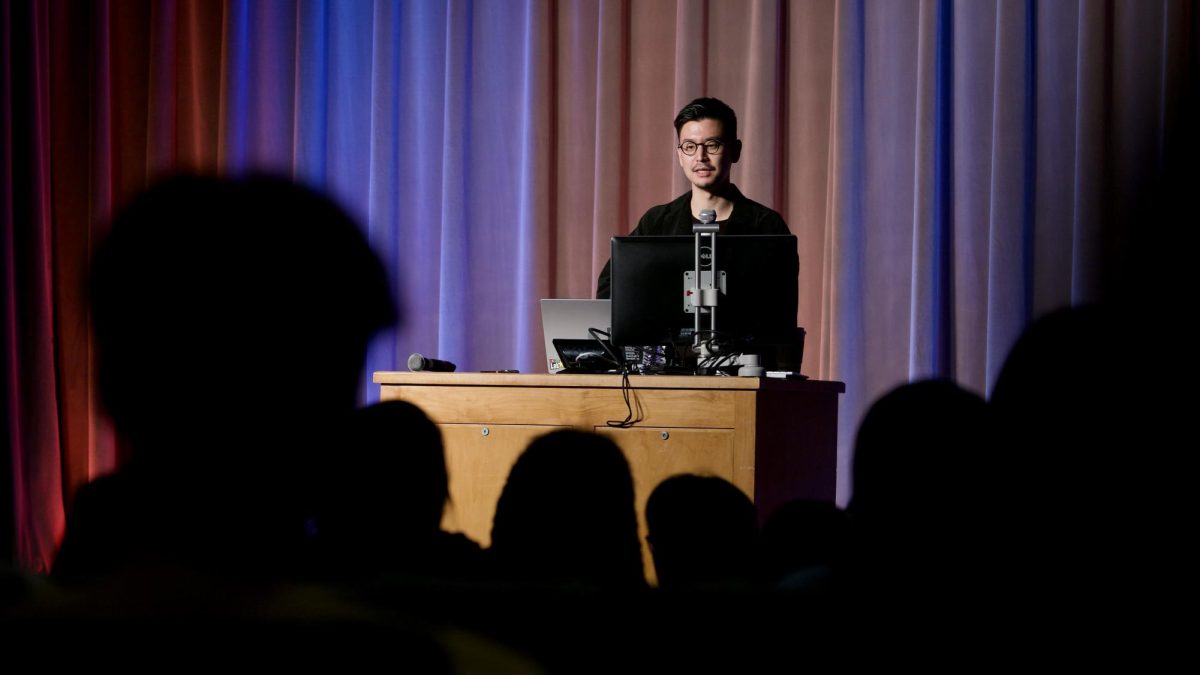"New year, new me,” can be seen among Instagram captions and heard from café discussions in the midst of the new year, yet the phrase rarely rings true.
People make resolutions each year, yet many fail to keep them. Psychology professor Arthur Markman said one reason is because people don’t know what steps they should take to accomplish their goals.
“They don’t take into account all of the other things in their lives that have to get done that get in the way of achieving that goal,” Markman said.
Markman also said most long-term goals people make are not particularly fun.
“A lot of the long-term goals we have trouble achieving are ones where they’re more enjoyable in the long run than they are in the short run,” Markman said. “So that trade-off is just hard for us to manage.”
According to the Marist Poll, 41 percent of U.S. citizens do not keep their resolutions.
Despite understanding the risk of failure, people still pledge to keep their resolutions. Markman said this occurs because they hope the new year will be different from the last.
American studies freshman Maria Rocha set a resolution, aiming to be healthier in every aspect of her life.
“What motivates me (is) knowing that I’ll be happier and more at peace,” Rocha said.
Rocha said it’ll be hard not falling into old habits, but it’s important for students to keep resolutions because there was a reason for the resolutions in the first place.
Though resolutions may work for Rocha, communications associate professor Dawna Ballard said New Year’s may not be the best time for making life changes.
Ballard said this stems from the entrainment theory, which says all organisms have an internal rhythm influenced by external things. In this case, the calendar is the external aspect that impacts the internal rhythm, which is the energy we feel throughout the year.
“People think about the activities in their life and relationships,” Ballard said. “Those steps impart your own rhythm, and that rhythm may or may not fit well with the calendar year of January to December.”
In the western culture, the new year follows the winter solstice — a time of hibernation, Ballard said. People feel less motivated to make a change. Contrarily, other cultures claim the summer, spring and even birthdays as their “new year.”
Additionally, the idea that people must wait for a calendar date to make a life change is a myth, Ballard said.
“If it were the case and everyone started a New Year’s resolution on Jan. 1 that would change your life, the power would be in the date,” Ballard said.
To overcome this mentality, people can think about minuscule daily changes that propel them toward a larger goal, Ballard said. She said only then can people take back the power to make a life change.
“Why does someone have to wait for a new year to make a change?” Ballard said. “We need to think more critically about the power we have to make a change versus the power the new year has to make the change.”





















